

Published Date : 2025-Feb-11
White biotechnology, also known as industrial biotechnology, is a rapidly growing sector that leverages biological systems to develop sustainable industrial processes. It plays a vital role in pharmaceuticals, biofuels, food ingredients, and biodegradable plastics.
Here, we highlight the top companies leading the global white biotechnology market in 2025, detailing their headquarters, founding year, number of employees, revenue (2024), and regional presence.
Amyris, Novo Nordisk, BASF, DuPont, Evonik Industries, Novozymes, Corbion and Ginkgo Bioworks.


Amyris is a biotechnology company specializing in synthetic biology and bio-based products. The company uses advanced fermentation technology to produce sustainable ingredients for various industries, including healthcare, beauty, food, and clean energy.
Amyris is a key player in the white biotechnology revolution, demonstrating how synthetic biology can replace petroleum-based products with sustainable alternatives.
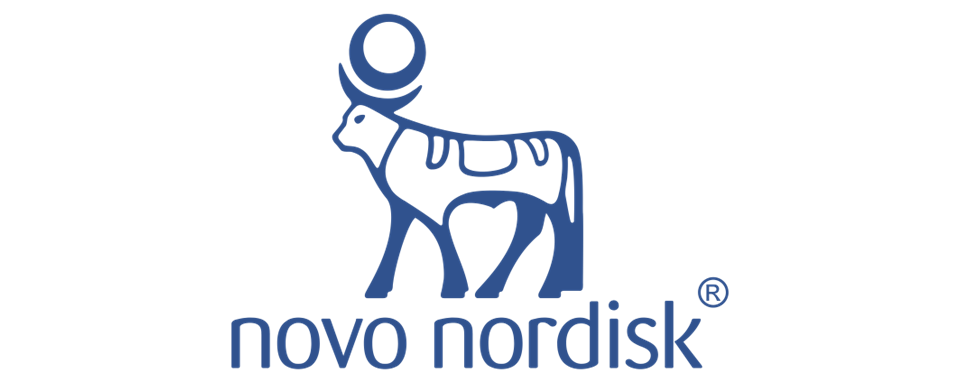
Overview: Novo Nordisk is a Danish multinational biotechnology and pharmaceutical company known for its leadership in diabetes care, obesity treatment, and industrial biotechnology. While primarily recognized for its insulin and GLP-1 therapies, the company has a significant presence in white biotechnology, particularly in enzyme production and bio-based industrial solutions.
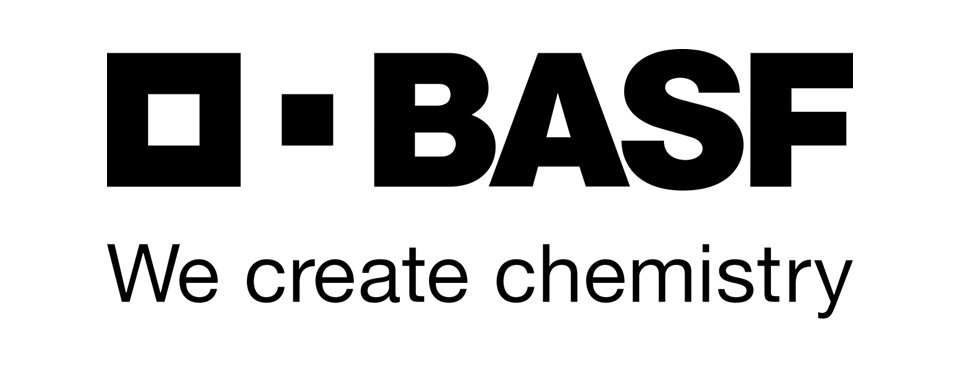
BASF is one of the world's largest chemical companies, heavily investing in white biotechnology to create sustainable industrial solutions. It integrates enzymes, microorganisms, and fermentation technologies to develop eco-friendly alternatives to traditional chemical products.
BASF is transforming the chemical industry by integrating biotechnology into manufacturing, reducing environmental impact, and driving sustainable industrial solutions.
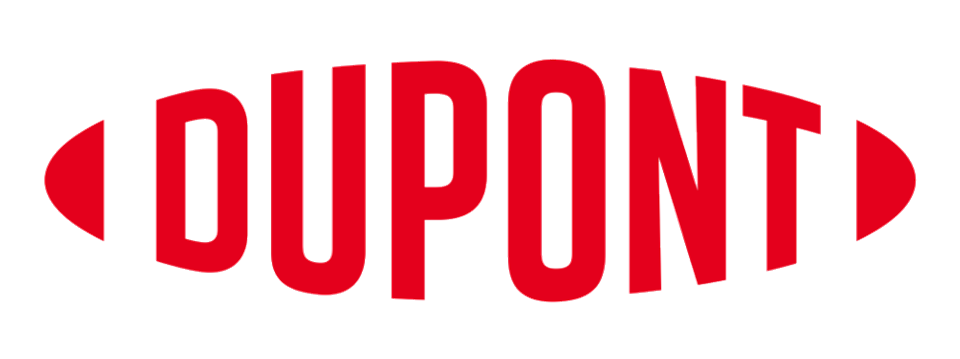
Overview: DuPont is a global leader in industrial biotechnology, focusing on bio-based materials, advanced enzyme solutions, and sustainable agriculture. The company plays a critical role in developing biofuels, biodegradable plastics, and enzyme-based industrial processes. DuPont is at the forefront of bio-based materials and industrial enzymes, contributing significantly to sustainable manufacturing and biofuel production.
In 2019, DuPont merged its biotechnology division with International Flavors & Fragrances (IFF), further strengthening its synthetic biology, food biotechnology, and industrial enzyme capabilities.
DuPont is driving biotechnology innovation by developing sustainable industrial solutions that benefit multiple industries, from food and textiles to fuels and materials.
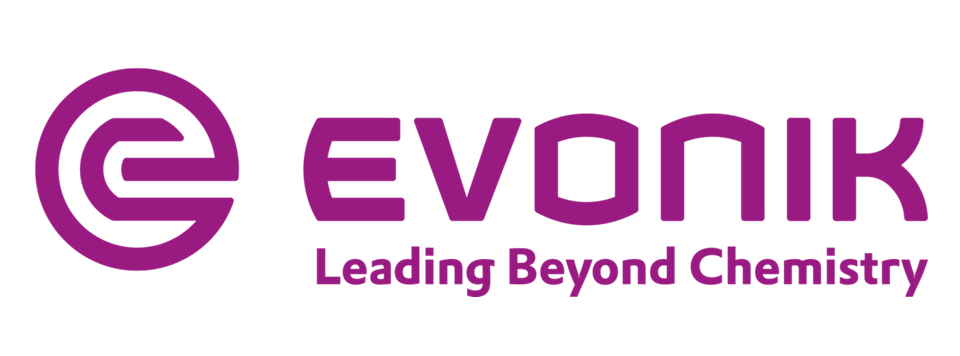
Overview: Evonik Industries is a global specialty chemicals company that heavily invests in white biotechnology to create bio-based solutions for industries like healthcare, nutrition, and advanced materials.
The company develops enzymes, amino acids, and biopolymers using biotechnology, significantly reducing reliance on fossil fuels and synthetic chemicals.
Evonik is driving the shift toward bio-based chemicals and materials, making industries more sustainable and less reliant on petrochemicals.
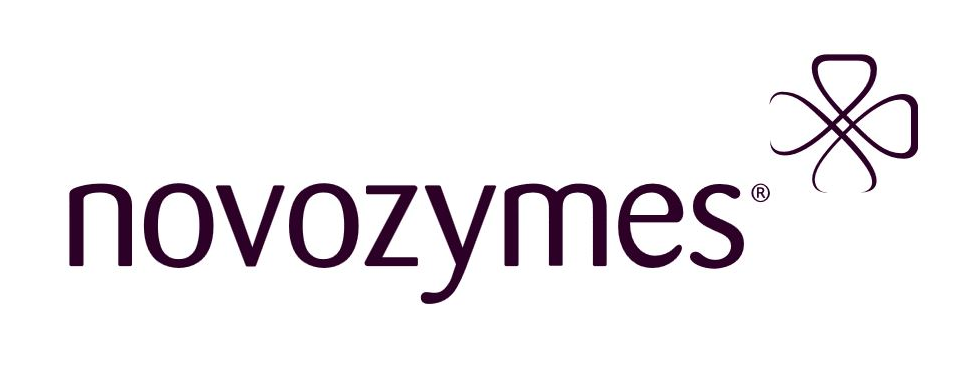
Overview: Novozymes is the world’s largest producer of industrial enzymes and microbial solutions. The company focuses on biotechnology applications for detergents, biofuels, food production, and agriculture, replacing chemical-intensive processes with sustainable alternatives.
Novozymes is also a key player in sustainable biofuels, partnering with companies to develop next-generation ethanol and biogas technologies.
Novozymes is revolutionizing industrial processes by replacing traditional chemical-based solutions with enzyme-driven, sustainable alternatives. Its commitment to bio-innovation is making industries cleaner and greener worldwide.

Overview: Corbion is a pioneer in lactic acid-based biotechnology, specializing in biodegradable plastics, food preservation, and industrial fermentation. The company focuses on sustainable chemistry, using biological processes to replace petroleum-based products in various industries.
Corbion is shaping the future of bio-based materials by replacing synthetic chemicals with lactic acid-based innovations, making industries more sustainable and eco-friendlier.

Overview: Ginkgo Bioworks is a synthetic biology powerhouse, specializing in programming microorganisms to produce bio-based materials for industries like pharmaceuticals, agriculture, fragrances, and biofuels. The company’s unique "biological foundry" allows for large-scale genome engineering and strain development, replacing traditional chemical manufacturing with biological processes.
Ginkgo is often called the “Amazon Web Services of biotech” because it provides biotech-as-a-service (BaaS), helping companies develop engineered microbes for industrial applications.